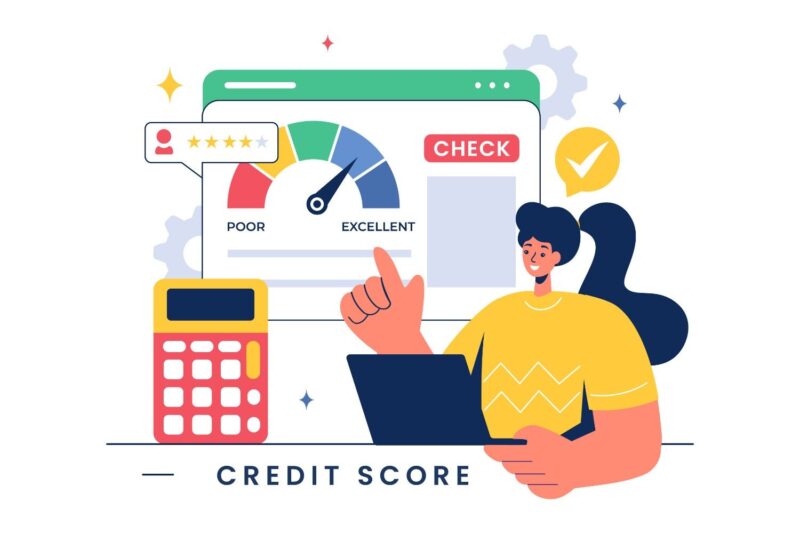If you’ve ever wondered why one friend can obtain a low-interest loan with no difficulty while another finds it difficult to make a living, even having a good income, the answer is probably found in their credit score. Specifically, their FICO rating.
This three-digit number has more power than most people understand when it comes to lending. It reflects your habits, commitment, and financial discipline and is more than just a financial designation. Therefore, understanding FICO scores is crucial if you’re serious about borrowing wisely.
What Exactly Is a FICO Score?
At its most basic level, a FICO score (which stands for Fair Isaac Corporation score) is simply a numeric representation of your trustworthiness as a borrower. The range is from 300 to 850, wherein the higher scores signify better creditworthiness.
To put it simply, the FICO score tells the probability of repayment to the lenders. It is like your financial fingerprint, exclusive, and made up of your previous credit habits.
| FICO Score Range | Category | What It Means |
| 800 – 850 | Excellent | Exceptional credit behaviour; lowest risk for lenders. |
| 740 – 799 | Very Good | Strong credit profile, easy loan approvals and better interest rates. |
| 670 – 739 | Good | Decent borrower; may qualify for standard loan terms. |
| 580 – 669 | Fair | Moderate risk; may face higher interest rates. |
| 300 – 579 | Poor | High risk; credit applications are likely to be denied. |
Why Understanding FICO Scores Is So Important
Knowing FICO scores is more than just a financial attraction for borrowers; it’s the secret to better opportunities.
Almost all credit-related decisions are influenced by your score, including interest rates, credit card limits, and loan approvals. It is used by lenders for evaluating risk, and even small changes in your score over time can result in significant reductions in fees or expenses.
For example, a borrower with a score of 780 might be offered a loan at 9% interest, whereas a borrower with a score of 650 might be offered the same loan at 13%. That difference could cost thousands of rupees more in the long term.
To put it simply, your FICO score influences not only whether you will be approved for a loan but also its total cost.
How FICO Scores Are Calculated
The majority of people are under the impression that credit scores are determined by one single factor only, whether you consistently pay your bills on time or not, but the reality is not that simple.
| Factor | Weight (%) | What It Represents |
| Payment History | 35% | Timeliness of your past payments; even one missed payment can hurt your score. |
| Credit Utilization | 30% | How much credit you’re using compared to your total limit; aim to stay below 30%. |
| Length of Credit History | 15% | How long you’ve maintained credit accounts; longer histories are better. |
| New Credit | 10% | Number of recent credit inquiries and new accounts. |
| Credit Mix | 10% | A balance of credit types (cards, loans, EMIs) shows financial maturity. |
FICO Score vs. Credit Score: Clearing the Confusion
Although a credit score is a broad term, one of the most popular scoring models in the world is the FICO score.
The CIBIL score, which ranges from 300 to 900, is the equivalent in India. Both programs work similarly, rewarding borrowers who manage their debt sensibly and regularly make on-time bill payments.
Understanding this difference ensures that you properly check your credit reports and take actions that actually help your financial development.
How FICO Scores Are Used by Lenders
Your FICO score is viewed by lenders as a summary of your trustworthiness. A high score improves your chances of getting approved and may even have an impact on insurance rates, rental agreements, or credit card rewards.
To put it another way, your credit score influences a lot more than just loans.
Conclusion
Your FICO score is more than just a number when it comes to borrowing; it’s a representation of your strong financial management. Understanding FICO scores at a basic level can help you manage your financial reputation and understand how lenders assess you.
Although it takes time to gain good credit, you can change your financial situation one responsible choice at a time with consistent work.




